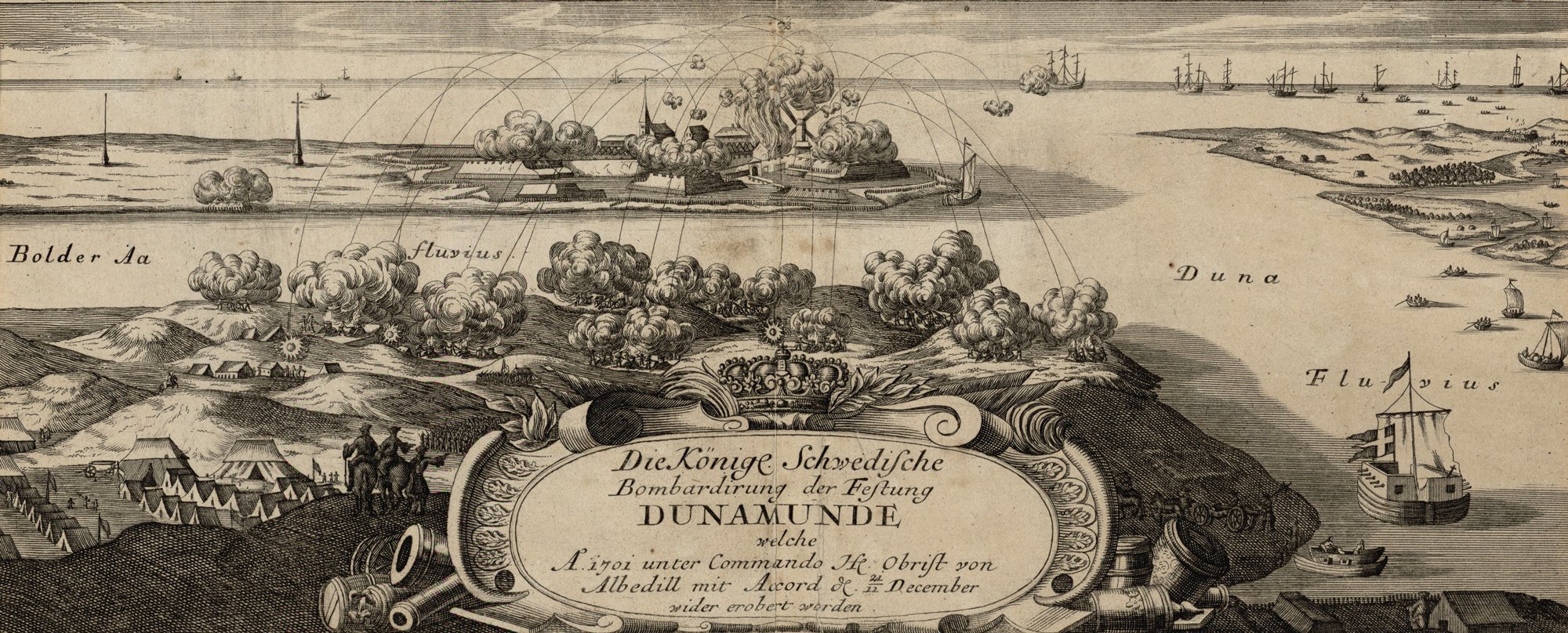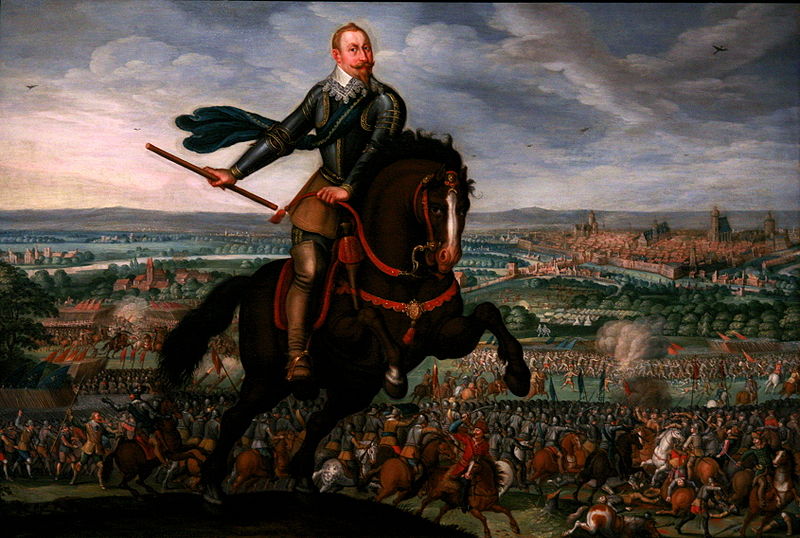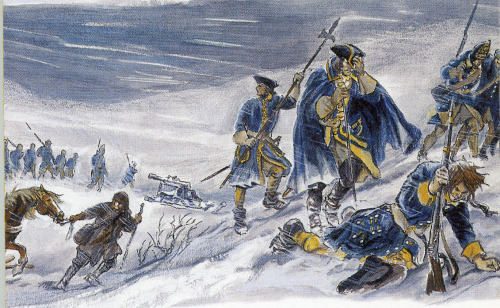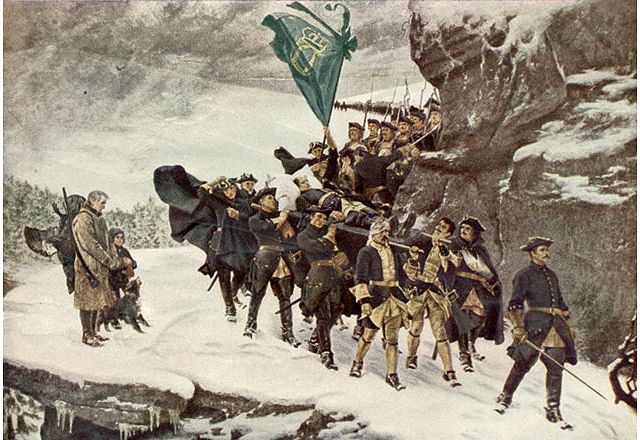Europe at the turn of Century – A Summary
July 1701 AD:
This was a time of upheaval across Europe. A lot was happening across the continent , some of which would eventually become pivotal in changing the balance of power in Europe. This chapter provides some of the major events that shaped Europe as it stepped into 18th century.
Prussia was making it first steps towards competing with the bigger European powers. The kingdom had seen a lot of developments over the last few years. Recent trade deals with Poland had helped the economy to a certain extent. But what catapulted its economy was the deal with the Marathas. Marathas had needed the ammunition for their battle against Mughals, which Prussia was happy to provide in return for big sacks of gold. It had worked out very well for both the states as Marathas had been able to snatch Hyderabad from Mughals. This trade with Marathas had helped Prussia to invest heavily in infrastructure and technology. Roads were undergoing an upgrade everywhere in the kingdom Prussia, realizing the need to keep at least one big European power on its side, had also started trading with Great Britain. It also meant that there was no immediate threat from Hanover in Berlin’s West as long as Britain was on good terms with Prussia.
Poland had gone through a deep agricultural crisis in the last few decades. It was more than happy to accept trade offer from Prussia. von Barfus had made every effort to ensure that the relations remained cordial. His frequent trips to Warsaw had moved him closer to Augustus. However, there remained a small issue of Poland eyeing East Prussia and Prussia looking on at Gdansk that would connect Konigsberg with Berlin, which rankled both the countries.
Not more than a year had passed since the Spanish Habsburg King Charles II died at age of 38. This had created a big vacuum in the Spanish succession. The king had no apparent heir. As per Spanish line of hierarchy, his elder sister, Maria Theresa, was next in line. She was married tod Louis XIV of France. However, for the return of a dowry of half a million gold crowns, Maria had renounced her claim on the throne. On the other hand, younger sister Margaret had married to the Austrian Habsburg Emperor Leopold I. As it stood, either France or Austria was going to inherit the vast Spanish territories and its riches. France was already in a very strong position. This transference would have increased her strength manifold. Other European powers were naturally wary. Prussia was no different. Its history with France was no secret. If Louis XIV took the Spanish throne the first march of its army would be towards Berlin.
In addition, Leopold I also had personal differences with Frederick I of Prussia. Leopold had not taken it well that Frederick had declared himself King in Prussia. Prussian adventures in Riga were also raising eyebrows in Vienna. Prussia was stuck between a rock and a hard place.
Denmark was in turmoil as the civil war threatened to consume the nation. After defeat against Sweden, it was left licking its wounds and Hanover to the south was already hatching plans to siege an already devastated Copenhagen.
Russians had been making slow and steady progress again Sweden in the Baltic region but with Denmark out of the picture, King Charles XII was in a much better position to deal with Russia. Peter I had underestimated the young Swedish king. And he just might end up paying a heavy price for it. Peter also had to deal with a minor issue of war with the Ottomans in the south.
Ottomans were a shadow of their past now. Already declining, decades of war had left them ages behind the other European nations.
Austria had laid its claims to the Spanish throne through Leopold I, and it had the support of Great Britain and United Provinces. The Habsburg rule was, however, not so strong as it used to be. This made the conflict with the French all the more crucial.
It was in these times that Prussia had to look for opportunities. The taking of Riga had shown others that Prussia could not be taken lightly. The road to European glory was a long one and Prussia had just taken the first step in that direction.
Berlin, July 1701 AD:
The door of King’s study opened. Two cups of coffee were brought in and kept at the table in front of king Frederik. von Barfus had made the trip from Konigsberg to Berlin upon hearing the news from Riga.
“At last some good news.” The King was in a relieved mood.
“Yes and No.” replied von Barfus. “We have taken Riga, yes, but the major battle for Riga is yet to be fought. We have left a bulk of our standing army here in Brandenburg.I had expected Denmark to have engaged the Swedes much longer. The Swedish Field Marshall has set sail to Riga with a large army. We might have enough men in Riga now, but a lot of them are still recuperating. Even with two of our best Generals stationed there, it will take a lot to stand up to Rehnskiold, let alone defeating him.”
“We have to. As long as we do not meet him in open land, we have a good chance. Can we not send some reinforcements from here?” Frederik understook the gravity of the situation as he spoke.
“The developments in Spain demand that we keep our troops stationed near Berlin, my King.” von Barfus reminded Frederick of the Spanish Succession issue.
“The way things are turning out, we might have to get involved in the West. We can’t risk any threat from the Poland or Russia at this point. It is the need of the hour that we keep peace with them.” von Barfus was already thinking two steps ahead.



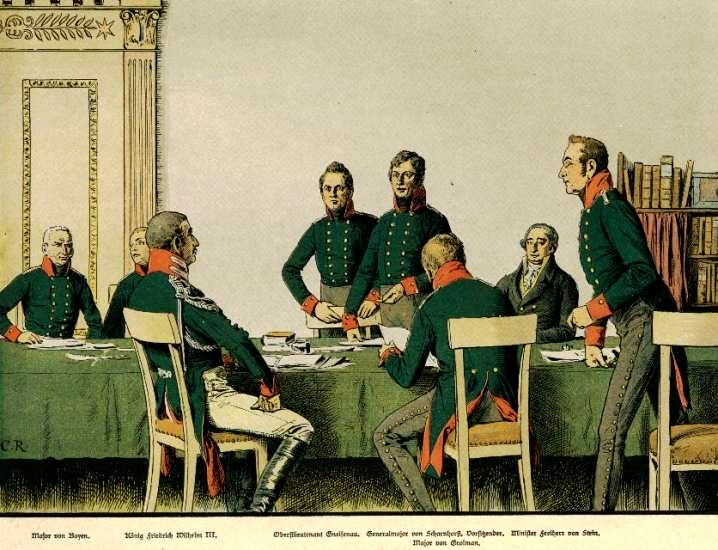

 Reply With Quote
Reply With Quote


















